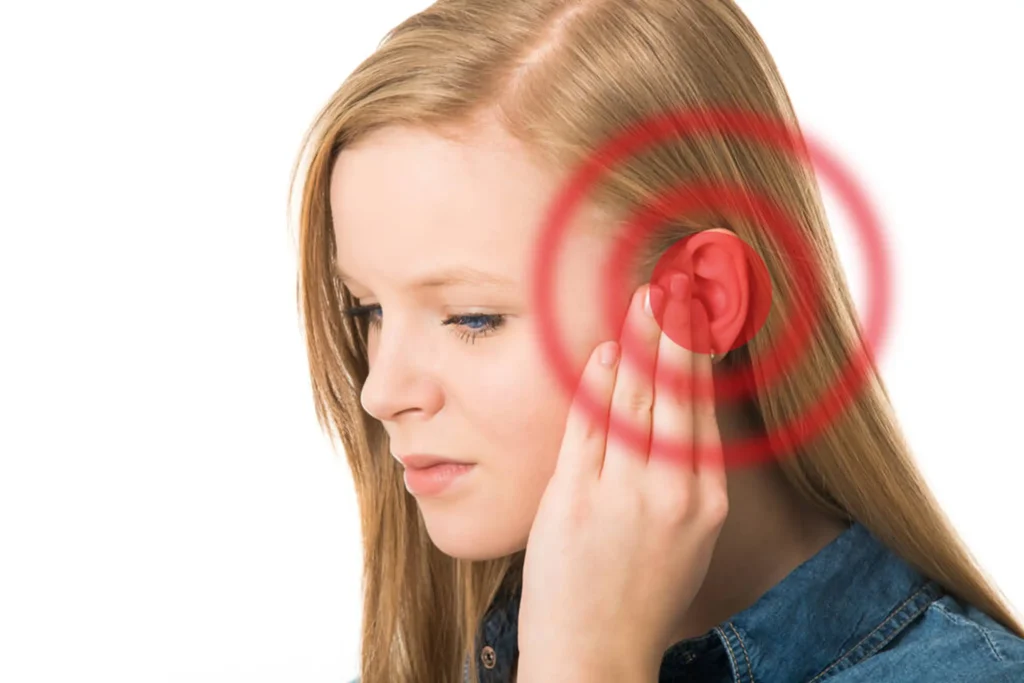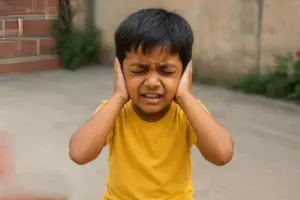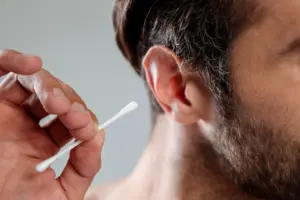
Have you ever heard a ringing sound in your ears when everything around you is quiet? You are not alone. This ringing is often referred to as a buzz, a hiss, or a clicking sound. This phenomenon is called tinnitus.
Some individuals experience the buzzing intermittently, while others experience it continuously. It’s a symptom, not a disease, that indicates a possible issue with your hearing or health. In this guide, you can learn everything about ringing in the ears.
What is tinnitus?
It’s the feeling of hearing a sound when no actual external sound is present. It’s often described as ringing or buzzing. Some people hear it in one ear, while others can feel it in both ears. The sound may be soft or loud, persistent or intermittent.
Also Read | One jab could reverse hearing loss: Scientists report stunning results
What causes tinnitus?
- Listening to music with headphones at full volume, working around loud machines, or attending a loud concert can damage the tiny hair cells inside your ears. The damage can lead to tinnitus.
- As you age, your hearing naturally weakens. The change in the ear’s function can cause ringing sounds.
- Too much earwax can block your canal and change the pressure in your ear, which might trigger tinnitus.
- Infections or injuries to the ear or head can mess with the way your ears and brain work together, leading to that annoying noise.
- Some medications can cause or worsen tinnitus. These include some antibiotics, cancer drugs, or antidepressants.
- Conditions like high blood pressure, diabetes, or jaw problems can all lead to tinnitus.

Can tinnitus be cured?
There is no universal cure for tinnitus. However, many people find ways to manage their tinnitus, and in some cases, the ringing completely disappears. It all depends on the cause and your overall health.
Tips to help stop or manage tinnitus
- Protect your ears from loud noise. Turn down the volume when using headphones, or wear earplugs at concerts or noisy places like construction sites. Once you damage the tiny hearing cells in your ears, there is no way to repair them. So, prevention is the key.
- If earwax is the problem, cleaning your ears can help. However, don’t use cotton swabs, which can push the wax deeper. Instead, you can use ear drops, try a warm water rinse, or just visit a doctor for professional ear cleaning.
- Sometimes a soft background sound can help cover the ringing. It is called sound masking.
So, above all, you need to know that tinnitus can be frustrating, especially when it interferes with your quiet moments. But you need to protect your ears from loud noise, clean them properly, and try background sounds or white noise. While tinnitus may not always completely disappear, taking the right steps can make it easier to manage.








